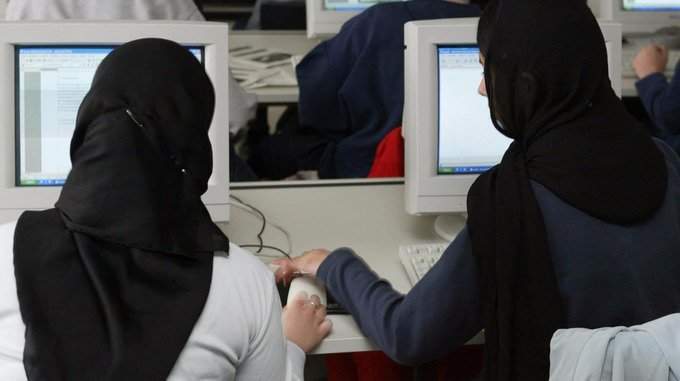
These three things will change the world today.
1. No more capital controls in Ireland
Iceland will lift all capital controls on its citizens, businesses and pension funds from today.
These residency-based measures limited the flow of foreign capital in and out of the country’s domestic economy.
They were imposed in Iceland in 2008 after the the Nordic island’s biggest banks collapsed but the government now believes that the county’s economy has recovered sufficiently.
The economy has been boosted by a rise in tourism as well as greater investment in the housing and business sector. In 2016, about 1.8m people visited the the nation, a 40 percent increase on 2015.
Last year, the country’s economy grew by 7.2 percent.
How well do you really know your competitors?
Access the most comprehensive Company Profiles on the market, powered by GlobalData. Save hours of research. Gain competitive edge.

Thank you!
Your download email will arrive shortly
Not ready to buy yet? Download a free sample
We are confident about the unique quality of our Company Profiles. However, we want you to make the most beneficial decision for your business, so we offer a free sample that you can download by submitting the below form
By GlobalDataThe move marks Iceland’s return to international financial markets.
Cyprus, Russia, India and Argentina have also used capital controls in the past.
2. May addresses parliament
British prime minister Theresa May will address parliament today but she won’t trigger Article 50 — the official European Union exit clause — as some had thought she might.
Downing street yesterday said it is planning to push the button on Article 50 in the last week of March.
Parliament passed the Brexit bill, paving the way for May to begin the Brexit process.
Peers backed down over the issues of EU residency rights after their objections were overturned by MPs.
The bill is expected to receive Royal Assent and become law today.
“We are now on the threshold of the most important negotiation for our country in a generation,” said Brexit secretary David Davis.
3. European Court of Justice rules in favour of banning headscarves in the workplace
Employers are entitled to ban workers from wearing headscarves, the European Court of Justice has ruled.
But the ban on the “visible wearing of any political, philosophical or religious sign” must be based on internal company rules requiring all employees to “dress neutrally”, it ruled.
It is the court’s first decision in relation to women wearing Islamic headscarves at work.
An internal rule of an undertaking which prohibits the visible wearing of any political, philosophical or religious sign does not constitute direct discrimination,” the court said in a statement.
However, in the absence of such a rule, the willingness of an employer to take account of the wishes of a customer no longer to have the employer’s services provided by a worker wearing an Islamic headscarf cannot be considered an occupational requirement that could rule out discrimination.”







